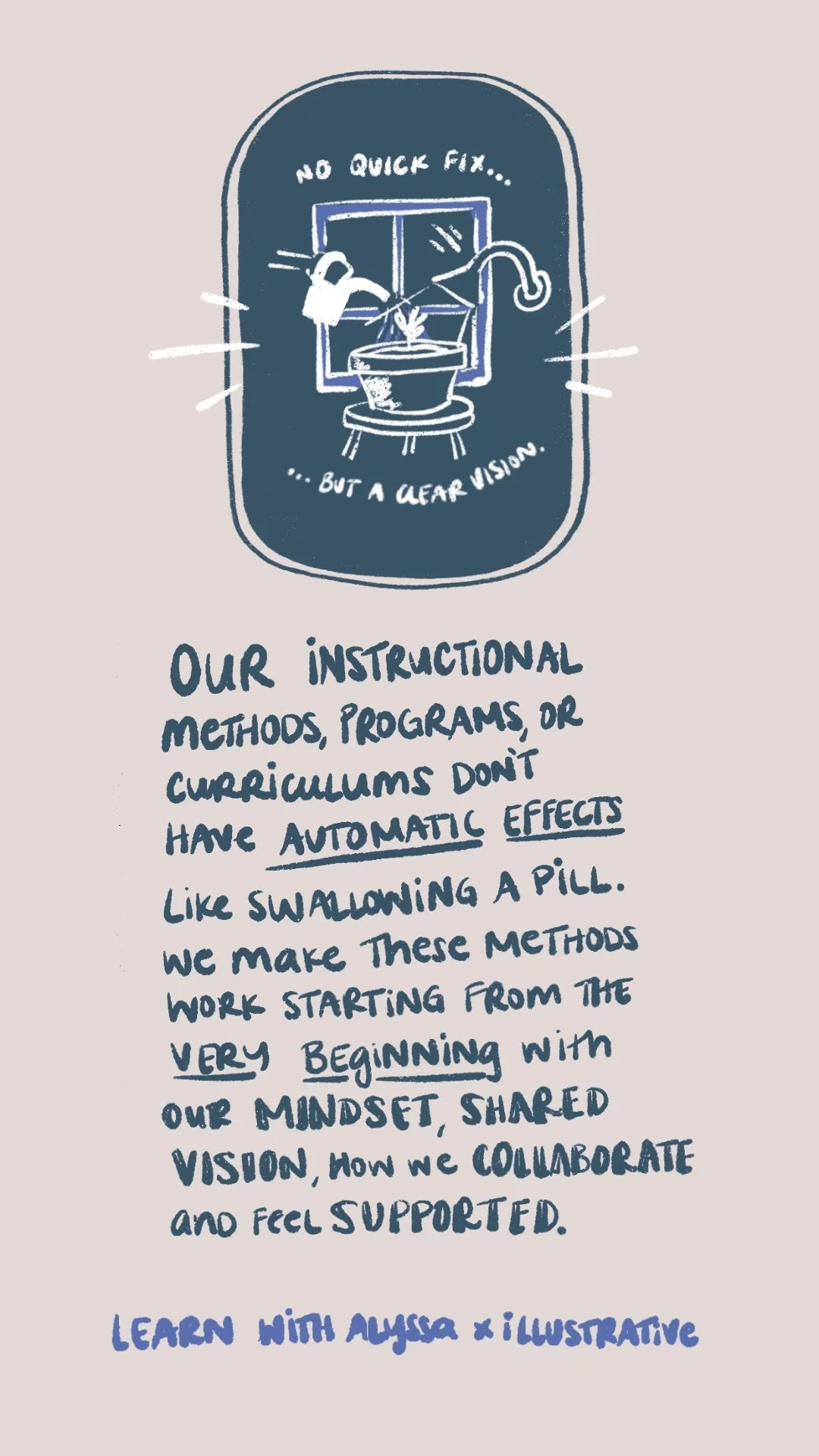WELCOME TO THE LIBRARY!
Visual Communication Tools & Resources for Self-Proclaimed Scatterbrains!
Literacy & Collaboration with Alyssa
Alyssa is passionate about supporting readers in ways that are thoughtful and help people feel empowered in the process. I met Alyssa when she reached out for a chat and have been following her on social media for a while now. I love seeing her simple tips and thoughtful advocacy for the students and teachers she supports.
If you’re working with readers yourself or want to see how getting to the root of an issue can come in handy in the reading/learning process (as it would for yours too!) then let’s jump into the article!
Communication & Affirming Neurodiversity with Natashia
I discovered Natashia’s work on Instagram and fell in love with her passion for treating children with respect and helping parents develop the skills to communicate with their kids holistically.
Her parenting tips and vulnerable shares are so inspiring and have been excellent prompts for me as I parent my differently wired children (and myself). I can totally connect with what Natashia talks about in this interview as a mother whose business became what it is today because of how I needed to show up for my children and family as a whole, which eventually informed how I choose to show up for myself.
Natashia makes beautiful communication books that utilize visual aids to give young children a voice in their own lives. It’s a fantastic tool for children on the spectrum and children who use nonverbal forms of communication.
I’m so excited to share Natashia’s story and work with you here. Enjoy!
Visual Prioritizing for Kaleidoscopic Thinkers
Learn how to use visual communication as an aid for prioritizing challenges for yourself and with your people. Types of aids that help with prioritizing are the ones that allow someone to see all of the ideas and categorize them in a gamified way. Then providing a visual aid to remember the final decision is a helpful way to allow those with active brains to remember what was discussed. When in doubt, check in with yourself or your client.
Do Your Clients Have Learning Challenges - and Does It Matter?
Everyone learns differently. Knowing how someone learns and what challenges they may be experiencing is extremely important if you are a guide or teacher for your client. Service providers also benefit from knowing how their client learns since that will help them present what they created with more buy-in and less edits. When you can empower your client by supporting their understanding in a project or program, that builds trust and trust is the bedrock for growth and smoother journeys.
Vision Mapping 101
Vision mapping allows teams to get on the same page before starting a project by identifying individual and group goals and painting the big picture of a group’s overall mission with that specific project.
This blog article will walk you through my step by step process that I use with clients when using Canva whiteboards, complete with a video example.
Why Do Pictures Speak 1,000 Words? Looking At The Connection of Visuals & Emotions
This article is a collection of science facts, illustrations and stories to share why visuals are so effective - it’s because they connect to more than just what we see. Images connect to our emotions and our sense of sight tells us what something feels like, smells like and sounds like just from experience.
Visual Aids for Complex Topics
Life is complicated, so there are bound to be a lot of complex topics in our conversations with clients, students and team members. Visual communication tools like concept art, mockups and analogies bring playfulness, imagination and simple to break down stories that invite people to better engage with and understand these topics you bring to the table.
Add Breathing Space in Design to Reduce Anxiety
When creating content, there are easy ways to add breathing space; white space, bolder headers, and less crammed designs, allowing your reader to understand your message without becoming overwhelmed and losing interest.










